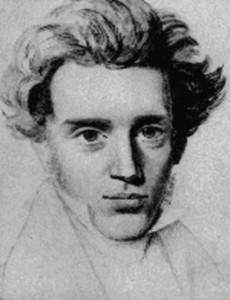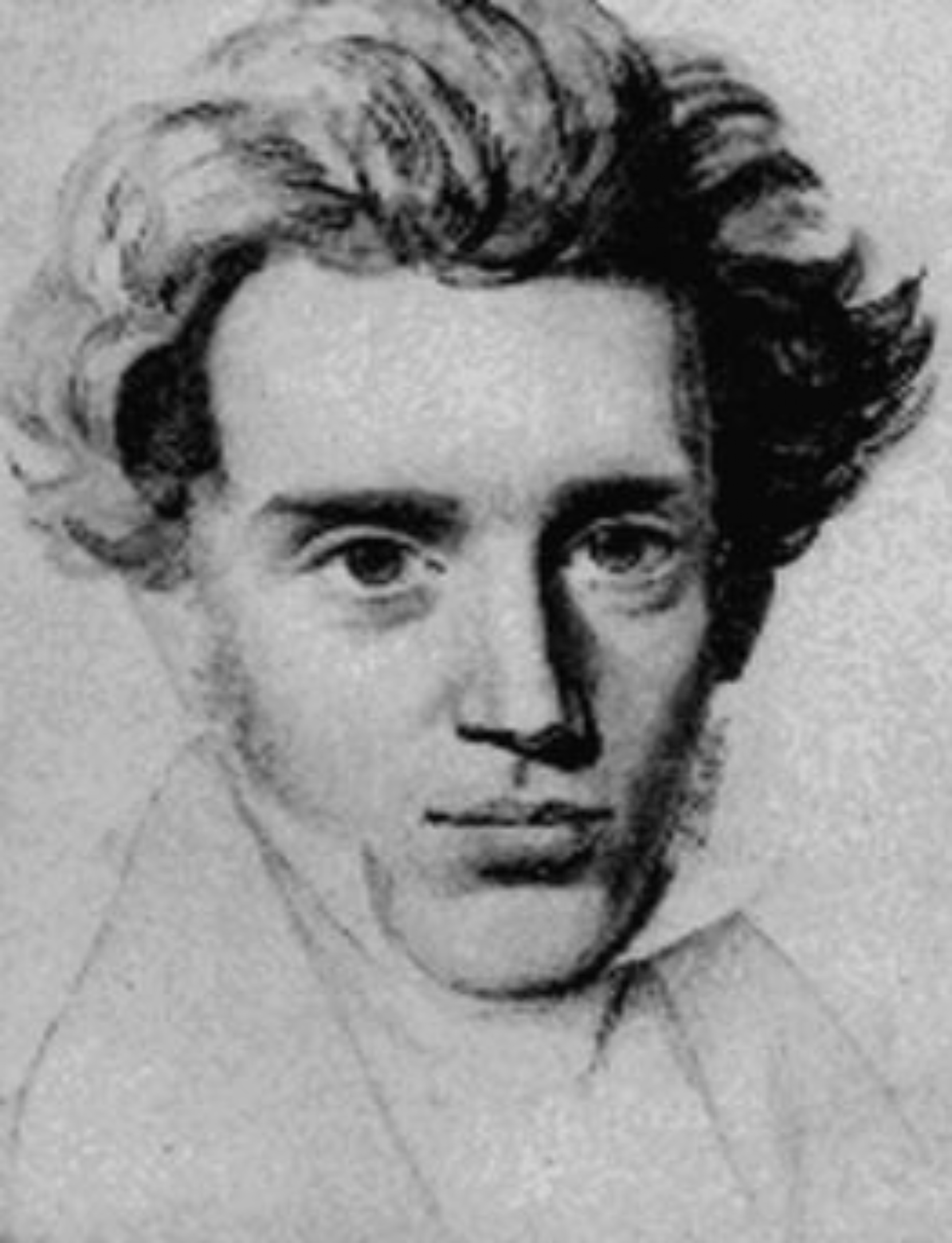 To Arthur Allen Cohen
To Arthur Allen Cohen
Via Santo Stefano Rotondo 6
Rome. February 9, 1948
Your letter about Kierkegaard raised in my mind more questions than it answered. Does existentialism assume that we are all Christians? Is Angst about “Salvation” that of the Jews at the time of Christ or that of later Christians of avoiding hell fire after death? Is not such ANGST a disease, an emotion produced by Protestant theology after faith in that theology has disappeared? And what is this self that feels the Angst and leaps heroically, for salvation into the Unknown? If it were the transcendental Self, or Brahman, it could feel no anxiety because it can be only transcendental, on THIS side of the footlights; it may have interrupted experiences, but it cannot die in the sense of not being capable of having more; and more of them can hurt it if it is purely transcendental, like the comfortable rich man in the stalls watching a tragedy and then a comedy. If, on the contrary, this self is the concrete human psyche or person we know perfectly what its circumstances are and what it needs to be anxious about. There may be wise or foolish decisions made by it, but no leap into the unknown. The whole thing, from this point of view, seems confused and gratuitous. . . .
Could one say, in the spirit of Kierkegaard, that the total Object confronting a life or personal existence was Circumstances? And would God be a religious name for this? If so, I could see the inevitableness, for our animal psyche, to fear, love, and grope for God. And in so far as the Kingdom of Heaven (i.e. the Reign of God) is just this Object in the measure in which its operation affects us, I can see how the Existentialist revives the Christian problem of salvation. But why revive the problem without reviving the concrete beliefs that would explain and solve it?
From The Letters of George Santayana: Book Eight, 1948-1952. Cambridge, MA: The MIT Press, 2008.
Location of manuscript: Unknown.
